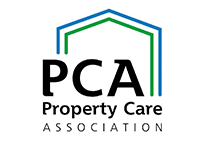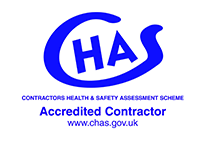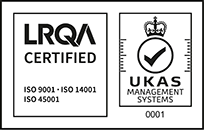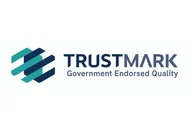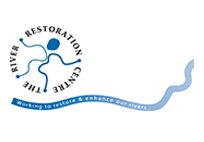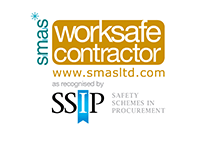Call us free on 0808 168 9540
Call us free on 0808 168 9540

Japanese knotweed is an invasive non-native plant from Japan that was introduced to the UK by Victorian botanists in the mid-1800s. It spreads primarily from underground shoots called rhizomes that can grow several metres from the clumps of above ground stems. Small fragments of these rhizomes can easily be broken off and carried in soil on machinery or in wastes to new areas where new knotweed plants can then regrow.
The social housing sector has been hit particularly hard by knotweed. This is probably because housing associations are responsible for many properties that are located in marginal areas or near land where there is fly tipping, which is a common way for knotweed to spread. Also, as social housing tenants do not own their own homes, they might be less invested in them and might thus be less likely to notice a stand of knotweed developing over time into a substantial problem.
If such knotweed was to spread to adjacent land in private ownership, it could trigger litigation action against the housing association.
The rules and regulations affecting knotweed and property risk apply equally to private landlords as they do to social landlords. However, the unique demands on housing associations to manage their portfolio of property and to provide tenants with good quality accommodation can mean that they are more exposed to knotweed risks than other types of property owners and landlords.
By working closely with local councils, housing associations can sometimes access funding, guidance, and shared resources to effectively survey and manage Japanese knotweed that affects their properties. Environmental agencies can also be sources of valuable guidance for the treatment of knotweed and for the legal handling of knotweed wastes.
If materials containing knotweed are not properly disposed of, environmental agencies can levy fines or recommend criminal sanctions against perpetrators. Collaboration with regulators and other stakeholders can make the wider management of knotweed in problem areas that much more effective and successful. Working collaboratively can improve compliance checking and reduce costs though the efficiencies of scaling up surveying and management activities.
Some local councils have specific regulations or systems to deal with knotweed. This can be by way of web tools to report the presence of knotweed, and/or facilities to collect knotweed wastes from properties or to receive knotweed wastes at household waste recycling centres.
There is also nationwide legislation under anti-social behaviour laws that allow local authorities to force property owners to deal with knotweed problems that affect their neighbours. Under these regulations, local councils have powers to enter, where necessary, knotweed affected land and to treat the knotweed there. They can then recover these costs from the landowner.
Social housing landlords should not take on knotweed removal themselves, without appropriate guidance from specialised providers of knotweed services. In most situations, any work to treat or remove knotweed will require the issuing of appropriate insurance backed guarantees, and these can only be issued by suitably qualified and experienced commercial knotweed removal specialists. By using the advice and services of specialist firms, social housing landlords can minimise the risks to their properties posed by knotweed by ensuring thorough surveys, ongoing monitoring, and bespoke treatment plans.
Phlorum has worked with many social housing providers to manage their knotweed risks.
We have audited their property portfolios, provided detailed advice, carried out a range of treatment actions – including excavations, waste removals and herbicide applications – and have supported them during litigation through the courts.
We have also carried out in-person training to educate housing association staff on how to identify knotweed in the day to day management of their land and properties.



